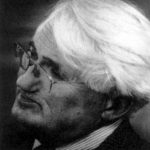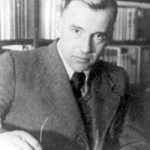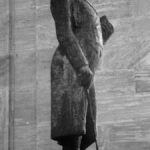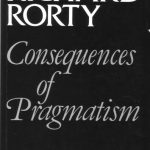Recognition and resistance: Axel Honneth’s critical social theory
Recognition and resistance Axel Honneth’s critical social theory Roger foster beginning. Yet, as we shall see, the shortcomings of his own project are also largely due to a continued adherence to the critical framework opened by the ʻKantian turnʼ, of which Habermas remains the chief expositor. Culture and criticism In an early essay, entitled ʻCommunication […]












